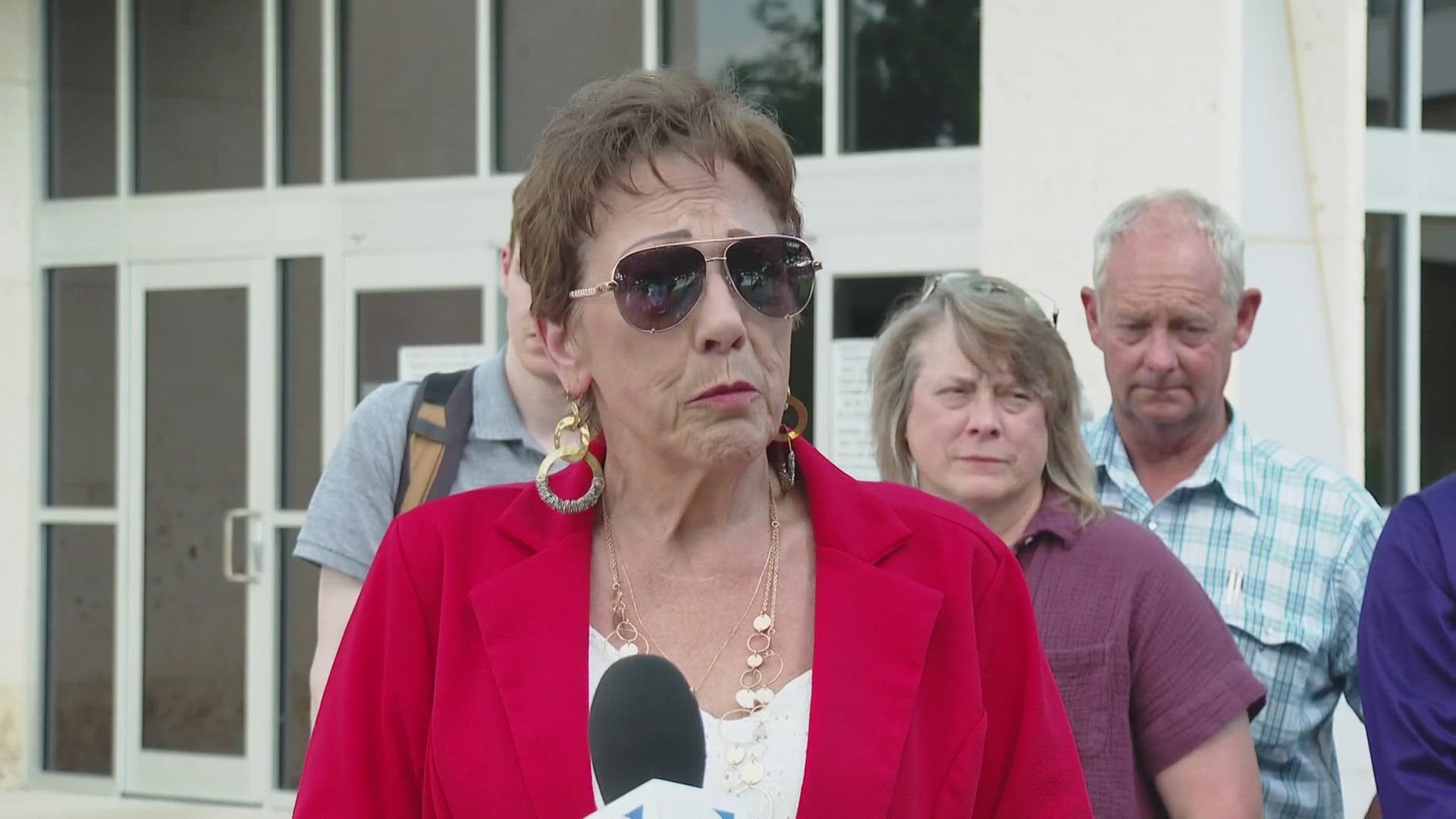
Death Penalty: Buried For Good?
The death penalty has been a contentious topic for centuries, with strong arguments both in favor of and against its use. In recent years, there has been a growing movement to abolish capital punishment, and several countries have already done so. However, the death penalty remains legal in many countries, including the United States.
Arguments Against the Death Penalty
There are many arguments against the death penalty, including:
- The death penalty is irreversible. If an innocent person is executed, there is no way to bring them back. This is a risk that should not be taken.
- The death penalty is not a deterrent to crime. Studies have shown that the death penalty does not deter crime any more effectively than other forms of punishment, such as life in prison without parole.
- The death penalty is discriminatory. People of color, especially those of Black descent, are disproportionately represented on death row. This is due to systemic racism in the criminal justice system, which ensures that people of color are more likely to be arrested, convicted, and sentenced to death than white people for the same crimes.
- The death penalty is expensive. It costs more to execute someone than to keep them in prison for life. This is because of the costs of trials, appeals, and executions.
Arguments in Favor of the Death Penalty
There are also some arguments in favor of the death penalty, including:
- The death penalty is a just punishment for certain crimes. Some people believe that the death penalty is the only just punishment for crimes such as murder, terrorism, and treason.
- The death penalty deters crime. Some people believe that the death penalty is a deterrent to crime, because it sends a message that certain crimes will not be tolerated.
- The death penalty saves money in the long run. While it is more expensive to execute someone than to keep them in prison for life, the death penalty saves money in the long run because it frees up prison space and reduces the costs of appeals.
Conclusion
The death penalty is a complex and controversial issue. There are strong arguments both in favor of and against its use. Ultimately, the decision of whether or not to have the death penalty is a matter of public policy. The public must weigh the arguments for and against the death penalty, and then make a decision based on their own values and beliefs.
Reflection on the Broader Implications of the Death Penalty
The death penalty has a number of broader implications. First, it sends a message about the value of human life. A society that has the death penalty is saying that some lives are worth less than others, and that it is acceptable to kill people for certain crimes.
Second, the death penalty does nothing to address the root causes of crime. Poverty, lack of education, and mental illness are all factors that can contribute to crime. If we want to reduce crime, we need to address these root causes, not simply execute people who commit crimes.
Finally, the death penalty does not make us safer. In fact, it may make us less safe by creating a climate of fear and violence. The death penalty is a barbaric and ineffective punishment that has no place in a civilized society.




